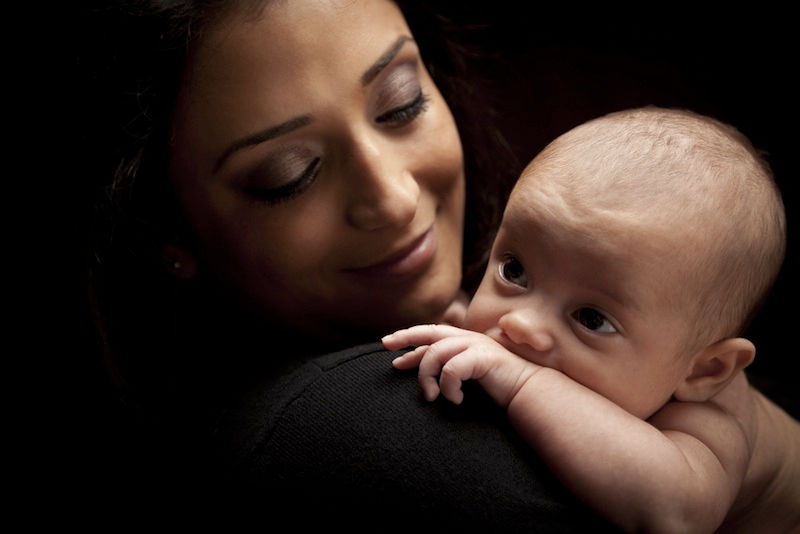(livescience.com). Mother’s Day is Sunday, May 13. First designated by Congress in 1914, Mother's Day was the brainchild of West Virginia-born Anna Jarvis to honor her own mother. Jarvis never had children of her own and soured on the commercialization of the holiday by the 1920s, often threatening to sue people and organizations she felt were using the holiday inappropriately.
In honor of Jarvis and mothers everywhere, here are five surprising facts about moms.
1. Babies gave them their name
In English she's mom; in Mandarin Chinese, mama. To Spanish kids, she's mama too, though with slightly different accents on the syllables. "Mom" is translated as mamma in Iceland, ma in punjabi, em in Hebrew and me in Vietnamese. Noticing a trend? No coincidence — one of the first word-like sounds babies typically vocalize is a "ma" sound, and almost every language across the globe has taken that baby talk as the basis for the word for mother.
2. Moms keep their kids close
You're never that far from your mom. During pregnancy, moms and children swap cells via their connection through the placenta. In some cases, these cells persist in mom's body, even for years. Research by Tufts University School of Medicine geneticist Diana Bianchi once revealed a mother with her 27-year-old son's cells still inside her. No one knows whether the cells have any effect on the maternal body, though some researchers suspect they may either contribute to or protect from autoimmune disease. [11 Brainy Baby Facts]
3. Babies may change mom's brain
Pregnancy may cause permanent brain changes in women, according to research published in 2011 in the journal Current Directions in Psychological Science. Most of the research on pregnancy brain has been done in rodents, which develop new smell-related brain cells during pregnancy. Humans aren't rats, of course, but at least one brain imaging study has found that new moms have more gray matter four months after birth. Some scientists suspect that the hormones that flood the brain during pregnancy could lead to permanent alterations, just as teenage hormones contribute to adolescent brain development.
4. American moms are changing
As of 2009, there were an estimated 85.4 million moms in the U.S. Though motherhood is becoming less popular, it is still a fact of life for the majority of American women: In 1976, 90 percent of moms had given birth by the time they reached the 40 to 44-year-old age group. As of 2010, that number was down to 81 percent.
From 1990 to 2008, according to a 2010 Pew Research Center report, moms became more educated, more likely to be single, and older. Births to moms ages 35 to 39 increased by 47 percent, and births to moms ages 40 to 44 increased by 80 percent over that time period, though the total number of babies born in a year (about 4.3 million) stayed stable.
5. Ancient moms turned to goddesses for help
These days, many expectant and new moms turn to religion for support. In ancient times, women could be much more specific. Many ancient religions had deities specifically to protect women in the dangerous time of childbirth. In 2001, for example, archaeologists discovered a brick in the women's quarters of an ancient Egyptian dwelling engraved with an image of Hathor, a cow-headed goddess associated with childbirth and motherhood. The brick was for women to squat on as they delievered — one of the major goddesses of childbirth, Meskhenet, was often depicted as a brick with a female head.
Other deities associated with childbirth include Eileithyia, the Greek goddess of labor pains, and Frigg, the Nordic goddess who watched over married women and laboring women.
Fuente: www.livescience.com
